
Hong Kong’s National Security Law Eroding Academic Freedom

A report released on Wednesday reveals that Hong Kong’s national security law, enacted in July 2020, has severely undermined academic freedom in the region, creating an atmosphere of self-censorship and fear among students and faculty members.
The report, co-authored by Human Rights Watch and the Washington-based Hong Kong Democracy Council, highlights increasing limitations imposed by university authorities on student activities and academic discussions, especially those touching on socio-political issues. Students, academics, and administrators feel as though they are under constant surveillance.
“Students and faculty, particularly those studying contemporary socio-political issues, are living under a microscope,” the report states.
Chilling Effect and Fear of Violations
The ambiguous nature of the national security law has contributed to widespread anxiety within Hong Kong’s universities. Maya Wang, Associate China Director at Human Rights Watch, explained, “When the red line isn’t clear, fear takes hold. Students and faculty members make adjustments to ensure they don’t cross invisible boundaries.”
Following the law’s implementation, the leadership of Hong Kong’s eight public universities has increasingly aligned with Beijing, cracking down on pro-democracy symbols, banning certain events, and dissolving student unions. The report outlines multiple instances of students being punished for peaceful protests and student publications being censored.
Erosion of Academic Freedom
According to the report, academics have particularly felt the pressure, with many courses, especially those dealing with sensitive topics on China and Hong Kong, either being cancelled or heavily monitored. Those teaching or researching current affairs in China feel especially vulnerable.
Lokman Tsui, a former journalism professor at the Chinese University of Hong Kong, voiced concern over the global implications of this self-censorship. “Hong Kong has always provided the world with a unique perspective on what’s happening in China. But that space is rapidly disappearing,” Tsui told.
Ideological Control
Human Rights Watch suggests that the national security law is part of a broader attempt by Beijing to impose ideological control over the region’s academic institutions. University administrators, seen as supporters of Beijing’s stance, are working in tandem with Chinese and Hong Kong authorities to intimidate or remove academics who express dissenting opinions. Some faculty members are even denied visas or tenure based on their political views.
This “harmonization” of academic opinion, according to the report, is part of a larger effort to cleanse universities of pro-democracy voices. Though the quality of education remains high, it increasingly reflects only views that align with the Chinese Communist Party’s stance.
The report concludes that the Chinese government’s efforts to control Hong Kong’s universities have succeeded in creating a sanitized version of higher education, limiting academic freedom and amplifying the narrative that pro-democracy opinions are now in the minority.
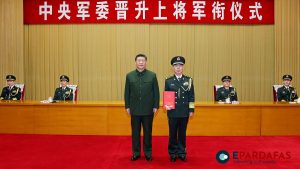

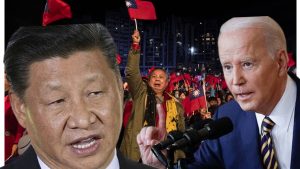
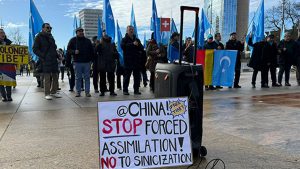



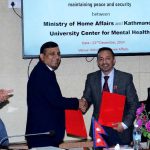



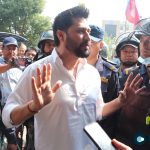
Comments